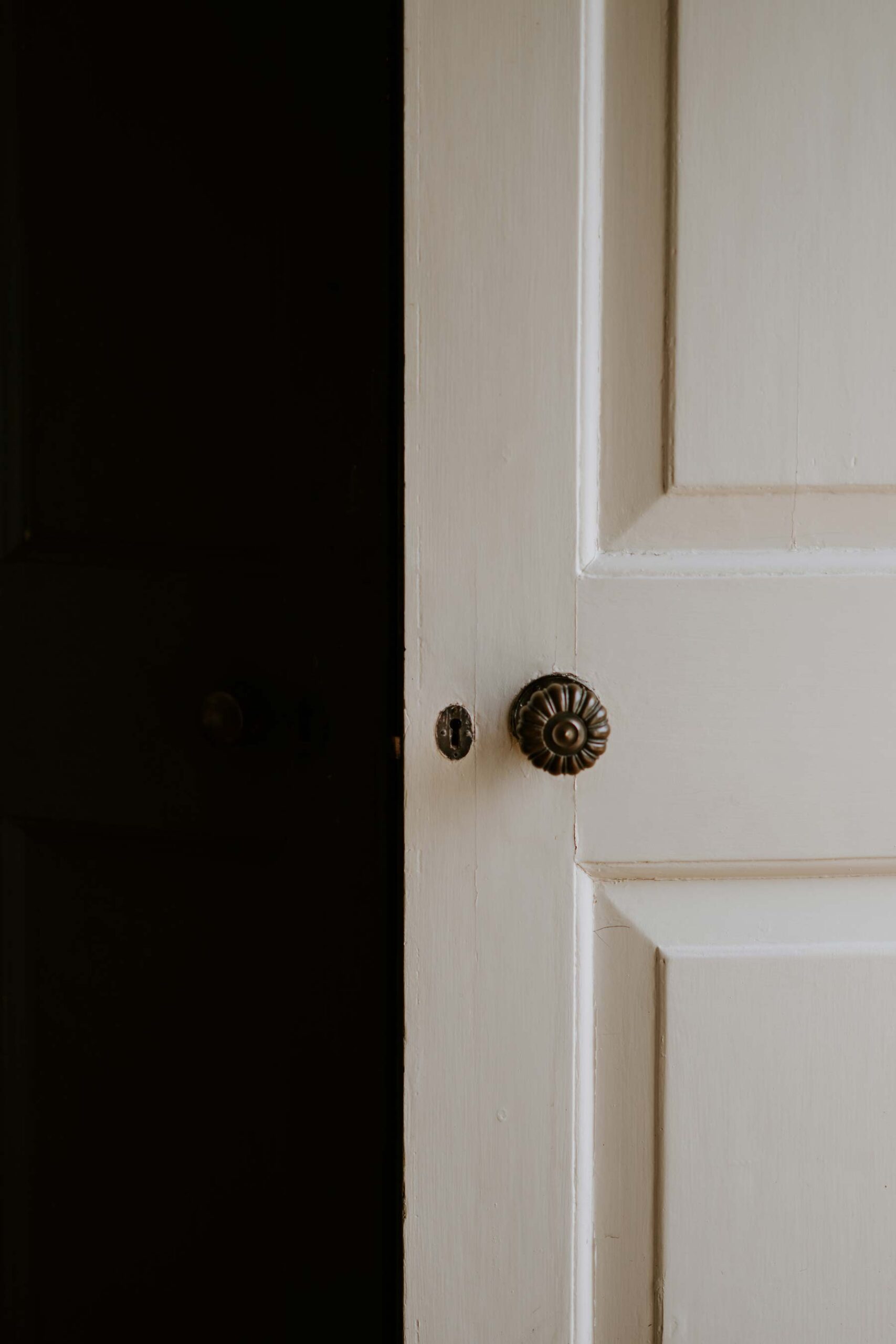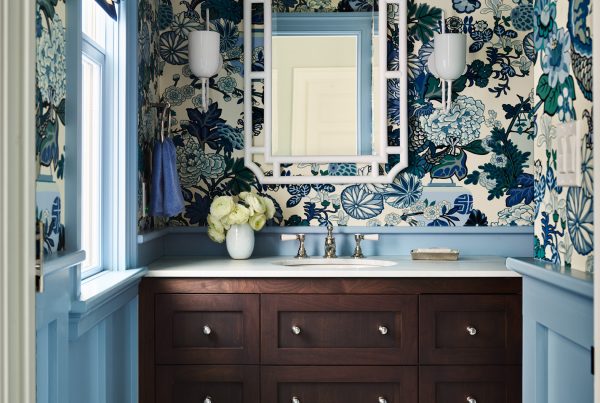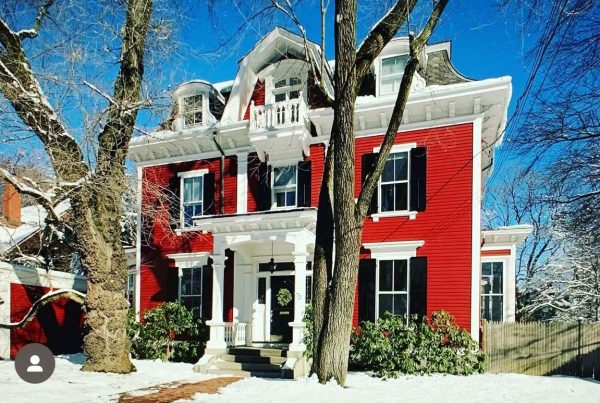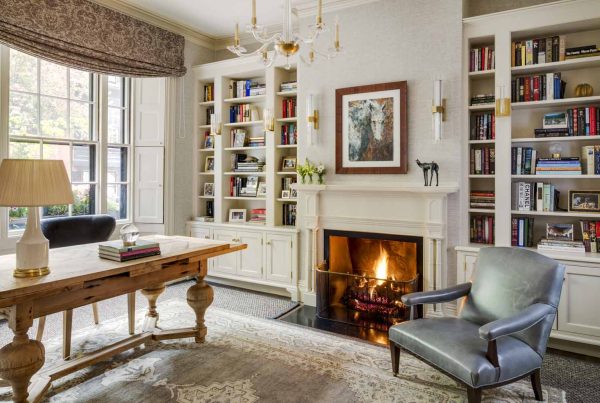 I don’t tend to spend too much time thinking about inanimate aspects of my life. The energetic emotions of the living things around me always seem to fill the space just fine leaving little room for the contemplation of anything inert or stationary. But I have come across a bit of a profound relationship with doors as of late. Most likely I am only aware of them because of the energetic emotions thus associated, but aware, nonetheless.
I don’t tend to spend too much time thinking about inanimate aspects of my life. The energetic emotions of the living things around me always seem to fill the space just fine leaving little room for the contemplation of anything inert or stationary. But I have come across a bit of a profound relationship with doors as of late. Most likely I am only aware of them because of the energetic emotions thus associated, but aware, nonetheless.
Doors swing. They stand open. They shut with a gentle click. They slam. They sit half open…or closed. They seal, they echo, they grip. My front door must be closed with force to nestle into the weatherstripping; my mudroom door is almost always slammed even though it doesn’t have to be. Our back French doors have a mechanical locking system; a gear sound ingrained in my memory for all the times it is thrown in one evening letting the dog in and out to eat the snow.
I kick doors and butt doors and elbow doors when my hands are otherwise unavailable. I like to hold doors open for people. I like it when people hold doors open for me or the moment of awkward civility about who will go through the door first.
This morning I was in the laundry room next to my son’s bedroom and so he closed his door. Doors are barriers. Doors are protectors, delineators, boundary makers. When I close a door, it is safety, sanctity, relief. When a door is closed on me it is more rejection, desertion, a shocking sense of independence.
We have begun to close our doors in this house more and more lately. A tweener and a teen, bedtimes later than mine, more friends around, television sounds late at night, private face time conversations with a girlfriend, experimenting with the power of owning one’s own space…None of this seemed to matter even a year ago. Then an open door was simply the way to keep track of breathing bodies at night or to be at the ready for a call out from the bunk bed at the other end of the house.
But doors come with thresholds and that seems to be a worthy point to add as I spiral more deeply into metaphor and analogy. At least it is a more optimistic starting point; perhaps exactly what we should be looking for these days. My fatigue has set in just like everyone else’s. I am tired of bumping up against what I can’t do and where I can’t go—the hallway of closed doors that I assume to hold at bay something I want to be a part of on the other side. But when I begin to think instead about looking for thresholds, I feel quite a bit more enlivened.
A threshold is something I can cross. It doesn’t move or shift. It holds the base of a frame. It offers certainty that I have moved from one place to another, outside to inside for example. Or into a space that might require safety, or courage. Newfound energy. Warmth. Belonging. And, of course, if I find myself unhappy after crossing over a threshold, I can, ostensibly, cross back, close its door and move along.
I suppose the challenge of these times is believing that we are at all in control of our doors and thresholds. But then I think about our clients. I observe their bold willingness to take out all the old doors and thresholds and start over again with the enormous faith that everything will turn out for the better. What an extraordinary undertaking. So expectant and hopeful. I hadn’t really thought about it before but I love that my work constantly puts me in the position of building their new thresholds.
I guess what I am saying is, even if you aren’t in a place in life where you can literally renovate your doors and thresholds, might there be a way you can do it metaphorically? Or at the very least might it feel a little better to be seeking out a threshold to cross and not worry so much about all those silly doors? They only seem to get in the way and it’s impossible to tell if they’re half open or half closed anyhow. With thresholds, you always know where you stand.
Want to go find one to cross with me?!
Allison




